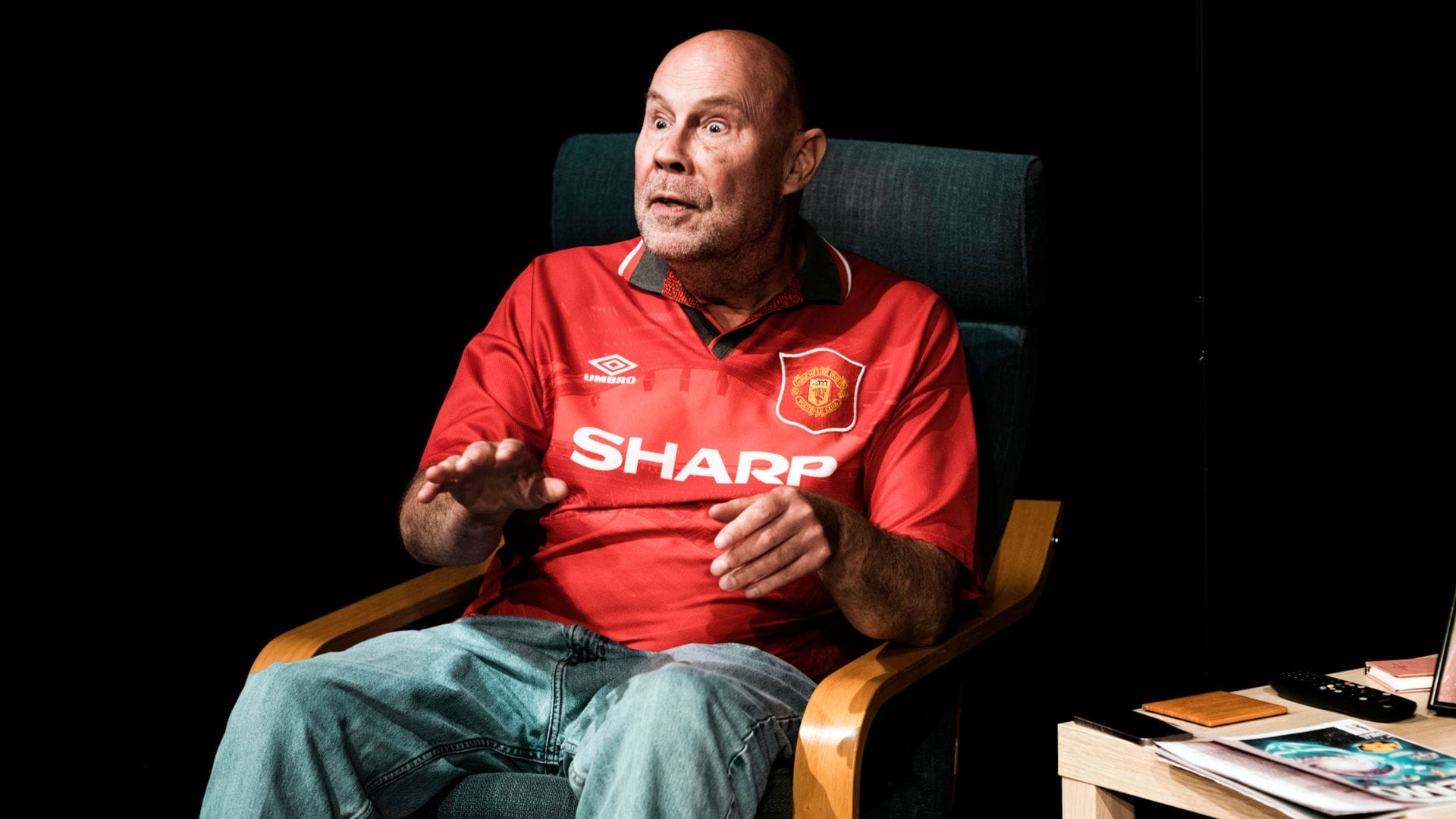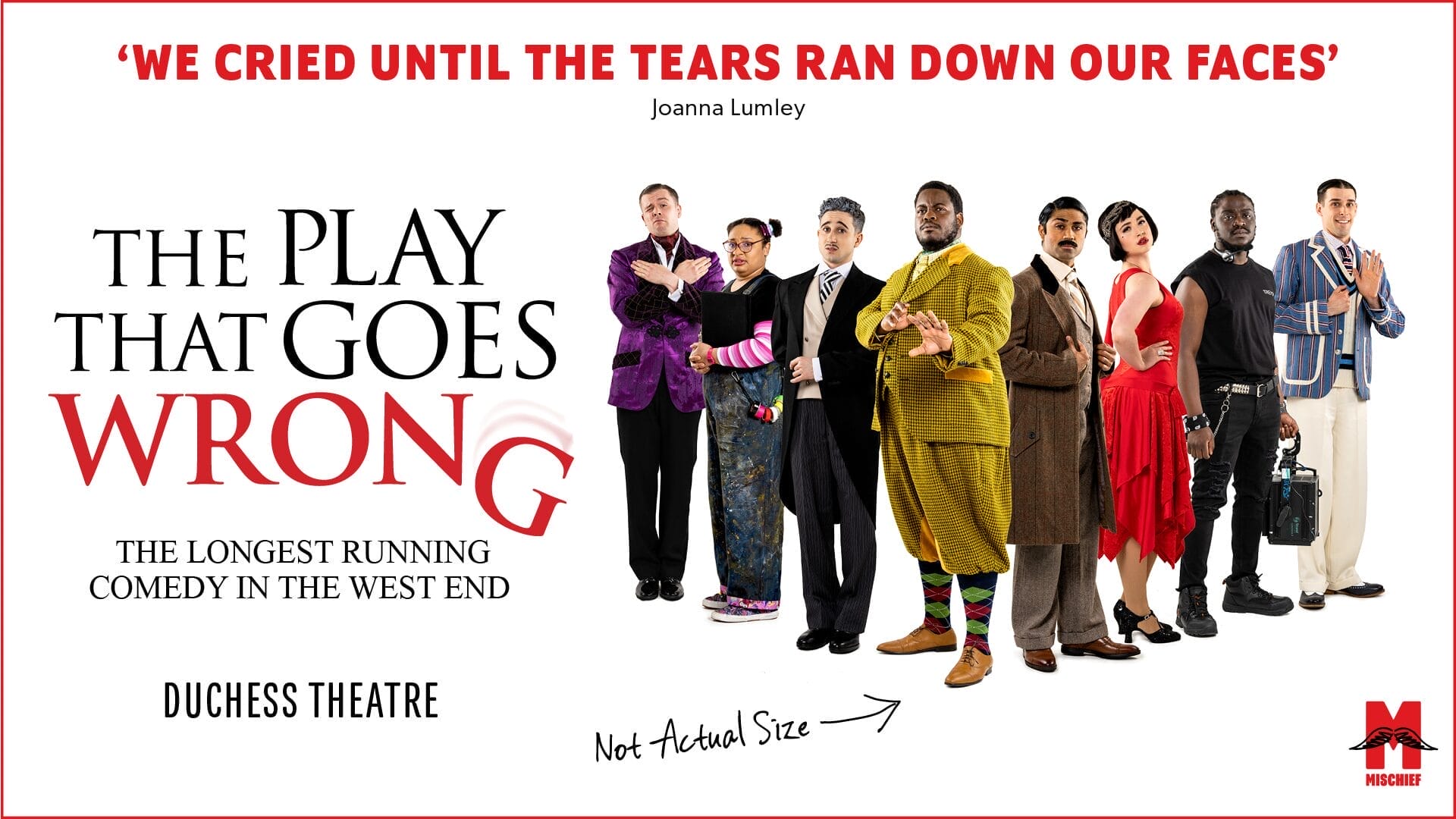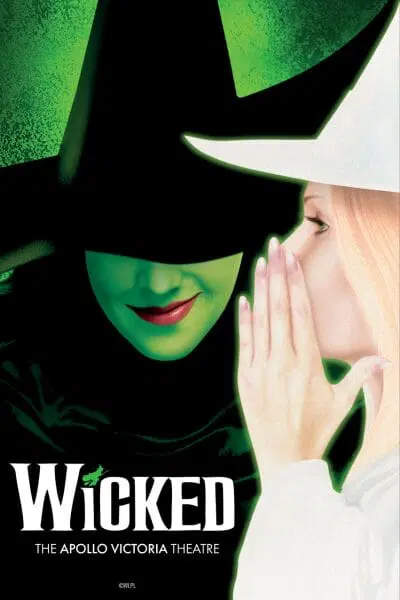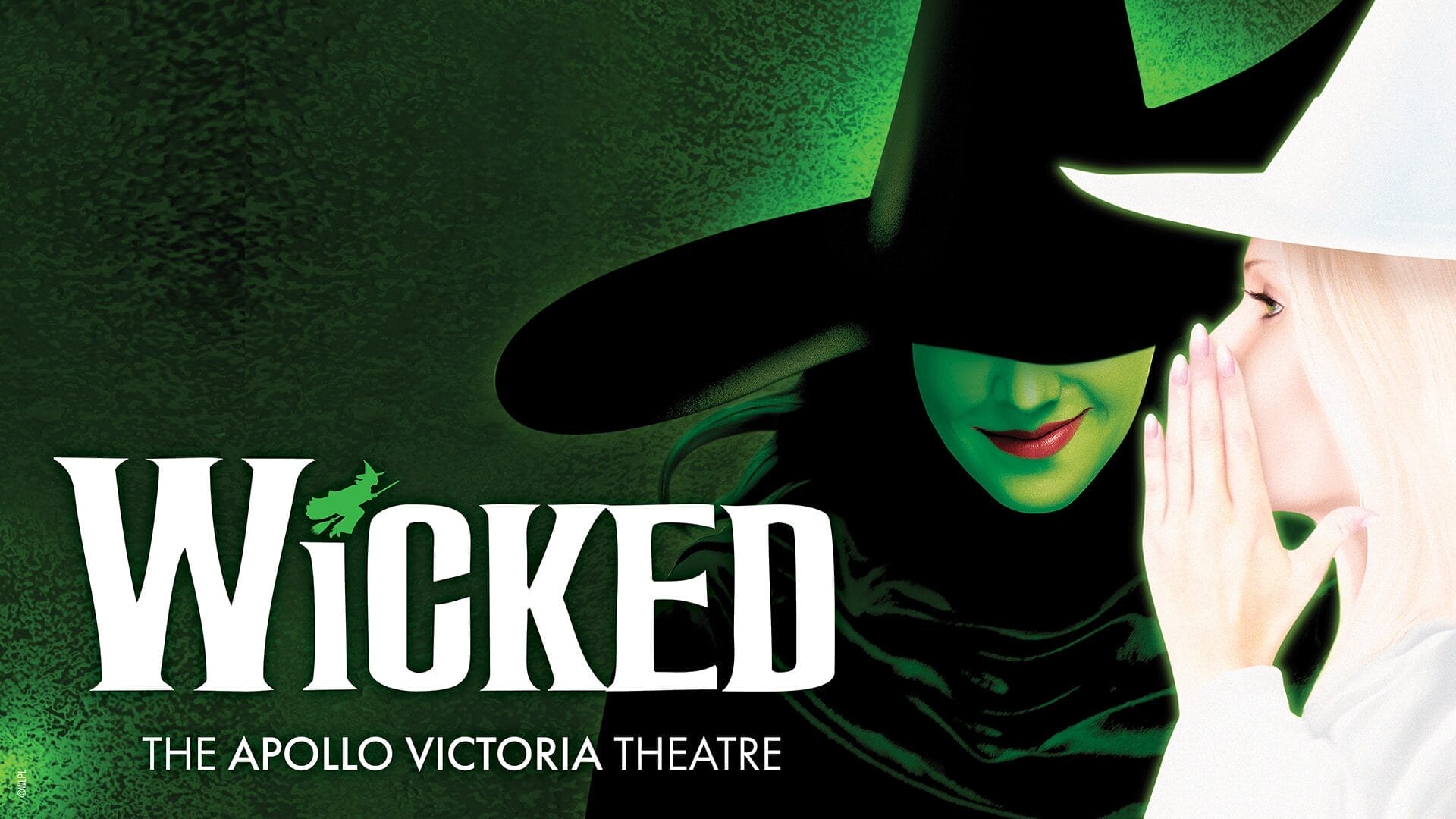 Emerging from the creative mind of playwright and producer Emilie Biason, I Killed My Ex is a dark comedy that seeks to prompt contemplation on delicate yet significant aspects of contemporary society, including mental health, abuse, and trauma.
Emerging from the creative mind of playwright and producer Emilie Biason, I Killed My Ex is a dark comedy that seeks to prompt contemplation on delicate yet significant aspects of contemporary society, including mental health, abuse, and trauma.
At its core lies a trauma – the one of being left at the altar. This sets the stage for the naive Tina (Alexandra Ricou) to find herself in a remote wilderness, searching for a suitable spot to bury her ex-lover’s body, assisted by her best friend, the cynical Lola (Rachelle Grubb).
I Killed My Ex delves into female nature related to love, sex, and even murder by bringing together two contrasting archetypal female figures: the damsel in distress on one side and the dissolute and cynical woman on the other. Weaving comedy and whodunit, the play unfolds through a dense, dynamic dialogue between the two on-stage protagonists. Opposites even in their attire – Lola in black, juxtaposed with Tina still wearing her no longer pristine bridal gown – the two actresses amuse and surprise, breaking the fourth wall on occasion, maintaining a light, humorous, and playful tone as they engage in verbal sparring. Part dark comedy, part bildungsroman, as Tina’s re-evaluation of her past leads to a newfound self-awareness and understanding of the world surrounding her, the play explores traumatic amnesia and the spectre of a haunting past.
However, humour takes precedence, relegating substantial topics like abuse, mental health, and trauma to a mere backdrop, mostly narrative devices lacking depth and often resorting to clichéd stereotypes. The play remains a pleasing form of entertainment, offering a somewhat oversimplified representation of feminism and reflecting an approach that doesn’t fully engage with the more complicated and nuanced contemporary discourse.
I Killed My Ex achieves partial success by deftly intertwining comedy and detective-story at the cost of delving deeper into its socially conscious intentions. While it provides an enjoyable experience, the play occasionally leans on clichés, making it a somewhat effective yet outdated example of feminism, lacking the depth required to engage with the multifaceted discussions of today’s society.

















